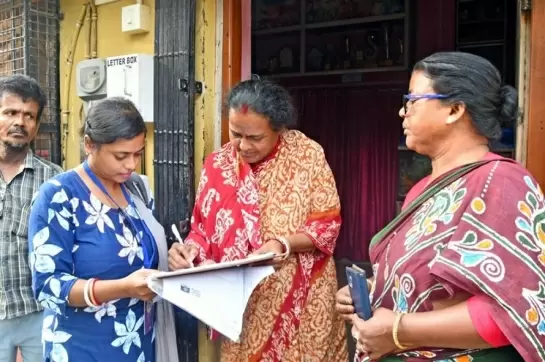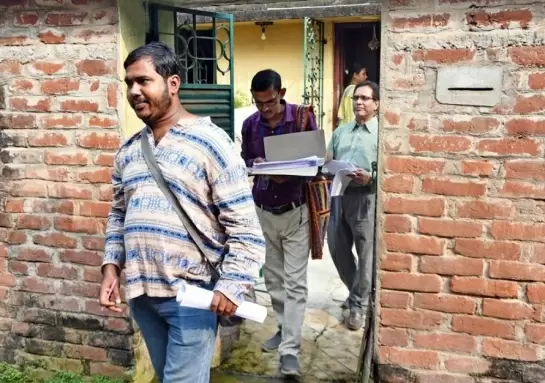Tibetan institute revitalising traditional culture, art
31-October-2019
The Tibetan Institute of Performing Arts (TIPA), one of the pioneer cultural institutes established through the vision of the Dalai Lama in his abode here, is playing a crucial role in preserving and promoting traditional Tibetan performing arts and culture.
This year it achieved its 60th milestone in preservation and promotion of Tibetan musical heritage; age-old folk music, opera and dance tradition of Tibet.
Through an undiluted transmission of traditional folk dance from Tibet's three provinces, safeguarding and showcasing of ancient costumes of Tibet, research and training in ancient music and its other significant activities, the institute gained wide acclaim as the traditional Tibetan musical reference centre for students and academics, a post on the Central Tibetan Administration (CTA) said.
The institute also carries forth the lesson and training in the tradition of Ache Lhamo or Tibetan opera.
The highly trained professional artistes of the institute act as cultural ambassadors of Tibetan diaspora.
Hundreds of graduates from this institute are now working as dance and music teachers in all Tibetan schools in India, Nepal, and Bhutan.
Effectively functioning as a semi-autonomous entity, the academy is presided over by the CTA's Department of Religion and Culture.
TIPA Director Ngawang Yonten said a new hall with high-tech equipment has been built.
A new teaching curriculum has been set for the 10-year course at the institute.
He said besides dance, music, and performing arts, the institute also teaches Tibetan, English and computing.
Soon after the Dalai Lama's arrival in exile in 1959, he envisioned establishing an institution that could not only retain the foundation of Tibetan identity but also boost public awareness about the issue of Tibet.
Initially established on August 11, 1959, in Kalimpong, the institute annually holds summer festival of Yarkyi - a musical competition.
Going down memory lane, the Dalai Lama in his address two days ago at the TIPA's 60th anniversary said, "Had we not come into exile and stayed back in Tibet, we wouldn't have been able to impart our Buddhist philosophy, ethics, and knowledge to the world."
"On one hand, it is unfortunate to have become refugees but on the other hand, we are quite blessed to live in a country where we can freely study and practice our religion and assert our identity."
In the same vein, extolling Pandit Nehru for his kindness and benevolence to the Tibetan people, the elderly Buddhist monk said, "Nehru was extraordinarily supportive about the creation of Tibetan settlements, including Tibetan schools and monasteries."
"Today, Tibetan culture and religion have earned respect, even among scientists. Hardliners among the Chinese leadership after vain efforts to undermine it are conceding the errors of their policies and becoming more realistic, he said.
US Ambassador at large for International Religious Freedom, Samuel D Brownback, during his visit to TIPA this week acclaimed the rich and revived culture, art and religion of Tibet.
"The powerful image of the Snowlion, symbol of Tibet, found throughout Tibetan visual and performing arts, paintings and dance joyful, fearless, strong and free," he added. IANS
Air India Crash: SC Says No One Can Blame Pilot, Seeks Centre’s Response
PM Modi Launches Year-Long Celebration Of 150 Years Of Vande Mataram
Heavy rain forecast across TN till Nov 11, schools shut in Tirupattur today
Mamdani ‘excited’ to be immigrant mayor
Ready With Guitar, Jemimah Invites Sunil Gavaskar To Sing Together









